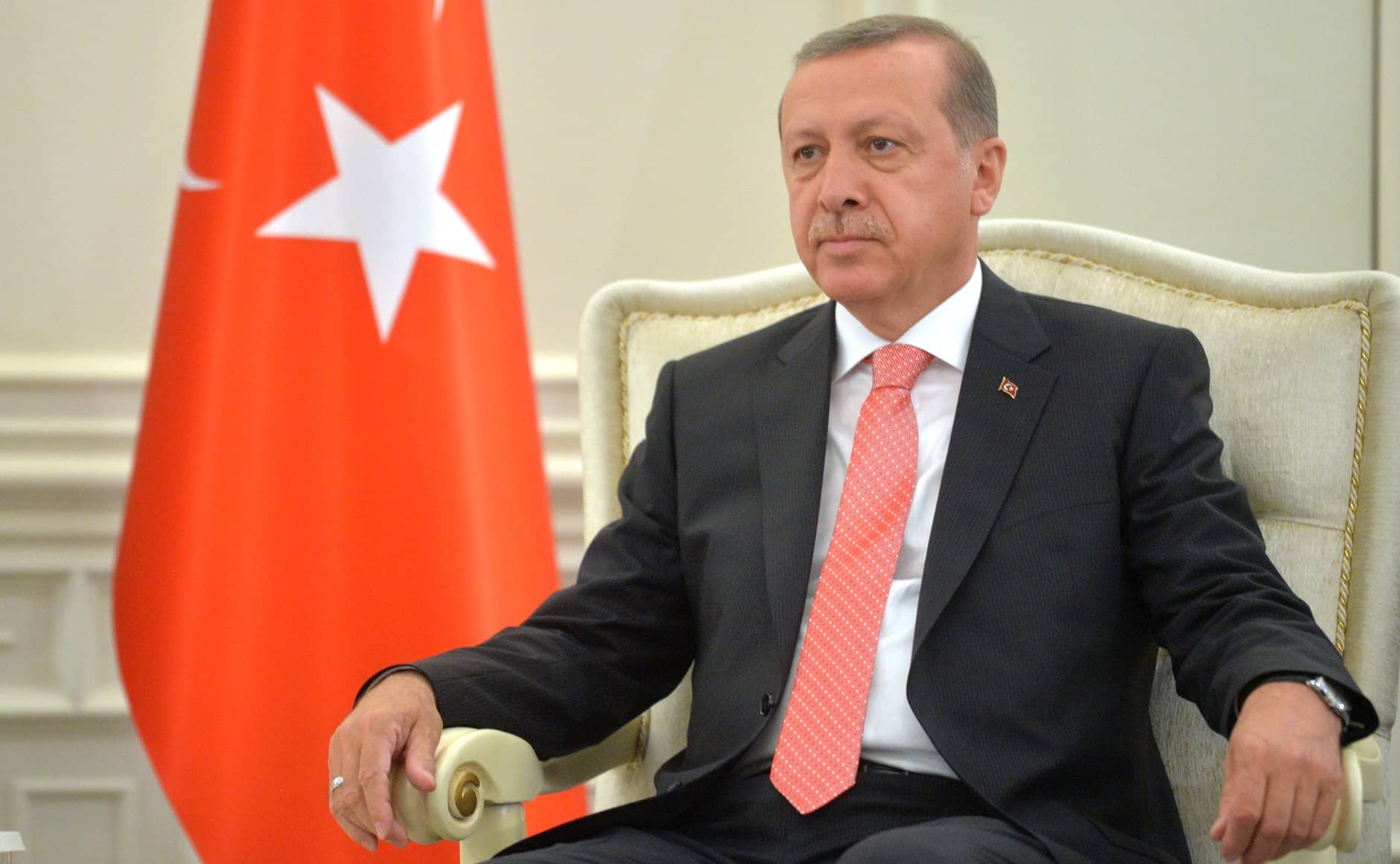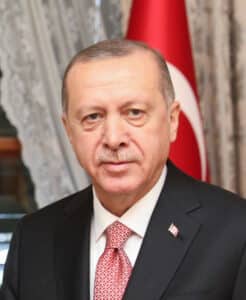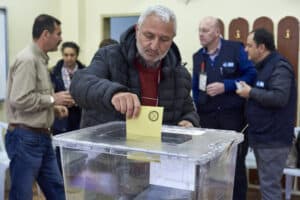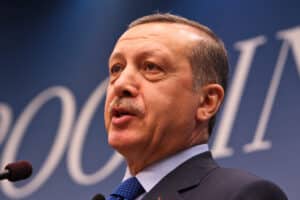On the 22nd of March Doğan Holding announced that it will sell its media division, which includes the widely read Hürriyet newspaper and CNN Turk television channel, to a pro-government business conglomerate. The Doğan media group was the largest remaining media group that was critical of the President Recep Tayyip Erdoğan. The acquisition by the pro-Erdoğan Demirören group could be a final blow to independent media in Turkey. Since the failed 2016 coup d’état attempt, the state of emergency has enabled the Turkish government to harshly suppress the press freedom in the country. Turkey has become the world’s single largest imprisoner of journalist, with 73 journalists behind bars according to the Committee to Protect Journalist.
Media environment
The Hürriyet newspaper and CNN Turk television were the only major media outlets that were still able to criticize Ankara. In the aftermath of the failed coup the media group came under growing pressure to follow the official government positions, nuancing their own criticism. Even before the coup, the group was already pressured by Ankara. In 2011 the Doğan Holding sold the widely read newspaper Milliyet to the Demirören group. The independent character of the paper changed almost overnight. Influential journalists like Ece Temelkuran were fired after critical coverage of Uludere airstrike (December 2011) in which 34 smugglers – mostly teenagers – were killed. Milliyet is now considered by media monitoring organization such as Reporter without Borders as being part of the state regulated media.
The takeover of Doğan comes after a crackdown on press freedom in the country. Cumhuriyet, the large opposition newspaper, was decimated in the aftermath of the coup. Many of its editors and journalist have been accused of support of the outlawed Gülen movement and have been jailed. Although two Cumhuriyet journalists, Murat Sabuncu and Ahmet Sık, have been released on bail in March 2018, the newspaper has been paralyzed ever since 2016. Rumors of a hostile takeover of the oldest newspaper of the Turkey are still persistent.
Other media outlets have also been repressed by the anti-Gülen measures. In the summer of 2016 the government published a list 102 independent media outlets with alleged ties to the Gülen movement. Under emergency law they were discarded immediately. In one sweep the plural media landscape transform into a state dominated environment in which only a few independent outlets managed to survive according to Reporters without Borders. Now with the takeover of Hürriyet and CNN Turk, only a few small independent outlets remain.
Emergency law
Since Erdoğan proclaimed the state of emergency in 2016, the government has been able to rule by decree. Next to press freedom, the rule of law and human rights are under strong pressure. In 2017 the government dismissed 160,000 civil servants based on their alleged political affiliations. In addition, vaguely defined anti-terrorism decrees have resulted in the arrests of many activists, journalists and opposition politicians in recent months. The cleansing of the government departments of ‘’dissidents’’ has resulted in President Recep Tayyip Erdoğan’s Justice and Development Party (AKP) domination of political and social sphere.
In this environment it has been possible for the AKP to form the Turkish state to their own design, with such moves as the 2017 constitutional referendum and subsequent approved reforms. The upcoming 2019 general and presidential elections, in which the constitutional changes will be applied for the first time, are widely seen as tests for the AKP and Erdoğan. Main opposition Republican People’s Party (CHP) leader Kemal Kılıçdaroğlu has repeatedly called it ’a vote for one-man regime […] or for a democratic country’’. With the current crackdown it becomes more likely that the results will be in favor of Erdoğan.
Relation with the European Union
The European Union has come under increased pressure from politicians, activists and NGO’s to react to this crackdown. So far the European Union has been careful in addressing the Turkish problems. ‘’The European parliament has concerns over backsliding in democratic reforms, and in particular the government’s diminishing tolerance of public protest and critical media’’. Wider condemnation by the EU governments has been limited as the fragile EU-Turkey relation is considered crucial for the stability of Europe’s southeastern border.
As a NATO member and EU candidate country, Turkey has traditionally been very close to the Union. Lately, these relations have been characterized by tensions surrounding the Migrant crisis, Turkish intervention in Syria and the crackdown on Kurds. A meeting between EU leaders and Erdoğan on March 26th in Varna was therefore seen as a rare change to address the problems of the country. Nonetheless weren’t there any results.
Sources: The Guardian Freedom House RSF EJN EU



